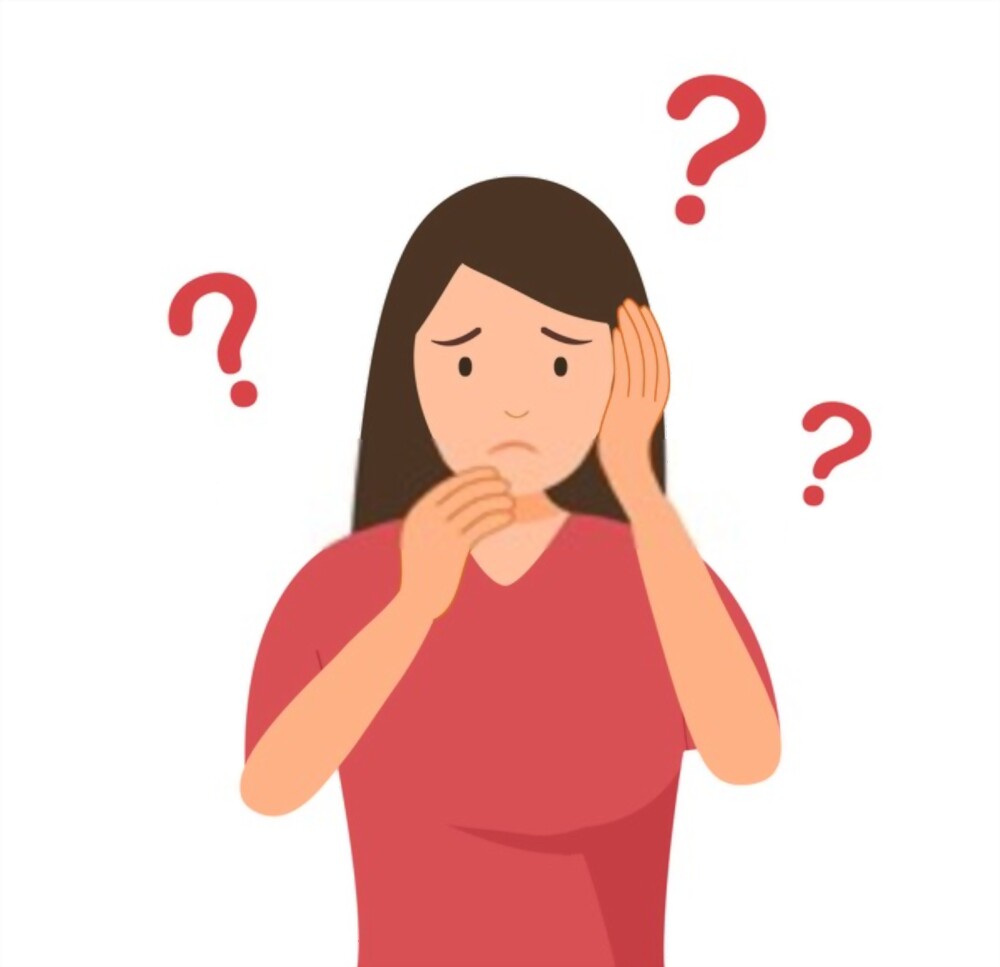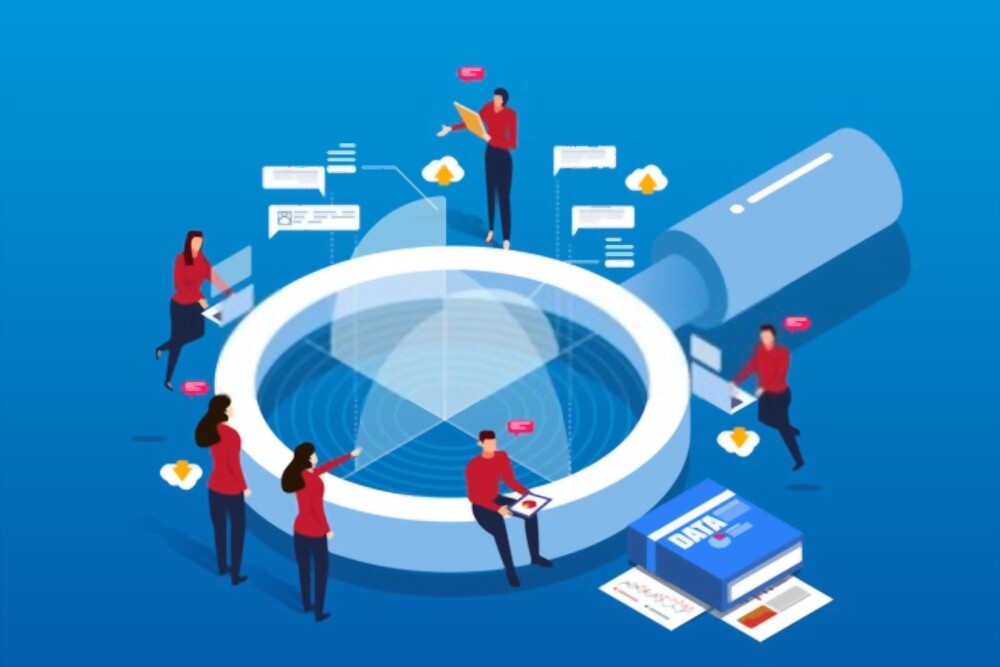
Have you ever been asked a question to which you know the answer but couldn’t think of the right word? “Oh, I remember that,” you might say. “I’m pretty sure it starts with a B.”
It’s a feeling that we’ve all experienced, and it turns out that this common state has a name. It’s referred to as lethologica or the tip-of-the-tongue effect.
This phenomenon is defined by psychologists as a feeling that occurs as a result of a temporary inability to retrieve information from memory.
Even though you are certain that you know the answer, the elusive information appears to be just beyond your mental grasp. When this feeling occurs, it can be frustrating, but one of the advantages of lethologica is that it allows researchers to investigate various aspects of memory.
Researchers have discovered some fascinating facts about lethologica, which include:
The phenomenon of the tip-of-the-tongue is universal. According to surveys, roughly 90% of people who speak different languages from around the world report having moments when their memories appear to be temporarily unavailable.
These occurrences are quite common, and their frequency increases with age. Young people have them about once a week, whereas older people have them as frequently as once a day.
People frequently recall only fragments of information. For example, they may recall the first letter of the word or the number of syllables it contains.
Why Do Some People Have “tip-of-the-tongue phenomenon” States?

How do scientists explain lethologica? Language is a tremendously complex process. Most of the time, this process happens so naturally that we don’t give it a second thought.
We think of something, the brain assigns words to represent these abstract ideas, and we express ourselves. However, because this process is so complex, all sorts of things can go wrong, including slips of the tongue.
When this happens, you may have the impression that the information is just out of reach. You are aware that you are aware of the information, but it appears to be locked behind some sort of mental brick wall for the time being.
The relief from those feelings of frustration is palpable when something finally triggers the retrieval of the memory or when someone else provides the missing information.
But what causes this to happen? Researchers believe that a number of factors may be involved, though the exact processes are unknown.
“tip-of-the-tongue events are more likely to happen when people are tired, but other aspects of memory, such as how well the information was encoded and whether there are any interfering memories, can also play a role.”
Tip-of-the-tongue states, according to metacognitive explanations for the phenomenon, serve as a kind of alarm. They can function as a warning signal in your car, alerting you to a potential problem that must be addressed.
Tip-of-the-tongue moments, according to such theories, are not inherently problematic. Rather, they serve to notify you that something is wrong with the retrieval system and allow you to correct the problem.
If you have this experience several times before an important exam or presentation, you will know that you need to study the information more thoroughly in order to better cement it in your memory.
Is There Anything You Can Do to Prevent the Tip-of-the-Tongue Phenomenon?
Some researchers believe that tip-of-the-tongue states play an adaptive role in memory and learning. According to some studies, the more time people spend attending to a tip-of-the-tongue experience, the better their future learning and memory of that material will be.
This suggests that these events may result in stronger memory encoding, making retrieval easier in the future.
Other researchers, on the other hand, have discovered that wasting time trying to recall information that appears to be on the tip of your tongue can be detrimental.
While it may be tempting to spend some time trying to remember the answer, psychologists Karin Humphreys and Amy Beth Warriner believe that the more time you spend trying to remember a word on the tip of your tongue, the more likely it is that you will struggle with the word again in the future. 2
In an interview with ScienCentral News, Humphreys explained, “You’re spinning your tyres in the snow.” “You’re digging yourself deeper and deeper.”
Humphreys’ interest in the subject stemmed from his own difficulty remembering certain words, which seemed to be a constant challenge.
“It can be extremely frustrating—you know you know the word, but you just can’t quite get it,” she told the McMaster Daily News. “And once you’ve mastered it, you can’t imagine ever forgetting it. But you still do it. As a result, we began to think about the mechanisms that might be at the root of this phenomenon.”
What Researchers Discovered?

“The researchers discovered that once people enter a state of tip-of-the-tongue, they are more likely to do so again the next time they try to remember that word.
When people try to retrieve the word again, they appear to learn to go into the incorrect state rather than learning the correct word.”
In the experiment, 30 people were shown questions that they either knew the answers to, didn’t know the answers to, or had the answers on the tip of their tongue.
Participants were then divided into groups and given either 10 or 30 seconds to come up with a response for those off-the-cuff answers. The procedure was repeated two days later.
The longer participants stayed on the tip of their tongue, the more likely it was that they would have the same experience the next time they encountered that word.
“The extra time people spend trying to find the word is referred to by the researchers as “incorrect practice” time. People are learning the incorrect word instead of the correct word “Humphreys clarifies.
D’Angelo and Humphreys found in a 2015 study published in the journal Cognition that this recurrence of the tip-of-the-tongue phenomenon could be the result of implicit learning, which is the learning of complex information in unintended ways without being aware of it.
What the Study Means?
Students and educators will benefit greatly from this research. Focus on looking up the correct answers rather than trying to remember the information during your next study session. According to the study, it is better for teachers to give students the correct answer rather than letting them struggle to remember it on their own.
How can you avoid problems in the future after a slip of the tongue? Warriner and Humphreys have some suggestions.
“Saying the word out loud or silently to yourself is the most effective way to break the cycle. This step helps to establish a procedural memory, which helps to mitigate the negative effects of the previous incorrect practice.”
The good news is that, while tip-of-the-tongue states are frequently learned and recur, incorrect learning can be corrected either by solving the problem spontaneously or by using cues to trigger information retrieval.
You’ve probably experienced the spontaneous resolution of lethologica if you’ve ever had that elusive answer pop into your head without you even trying to think of it.
Vcurehealthcare has a few words to say

Although the tip-of-the-tongue phenomenon can be irritating, it is comforting to know that it is not always a sign of memory loss.
Such incidents are common and, in most cases, are just a source of aggravation. Of course, they can be more serious if they occur during a crucial exam or in the middle of a presentation.
According to research, the causes of the tip-of-the-tongue phenomenon are multifaceted and linked to a variety of factors. It’s possible that you’re more prone to lethologica when you’re tired, or that your memory of the information was at best mediocre.
Whatever the reason, struggling to recall the elusive piece of information may make future recall even more difficult. Rather than struggling to recall the answer, simply looking it up online could be a more effective way of resolving your next tip-of-the-tongue problem.
Also Read: Ginger: Amazing Facts Everyone Must Know- With Proven Dosages – V Cure (vcurehealthcare.com)





